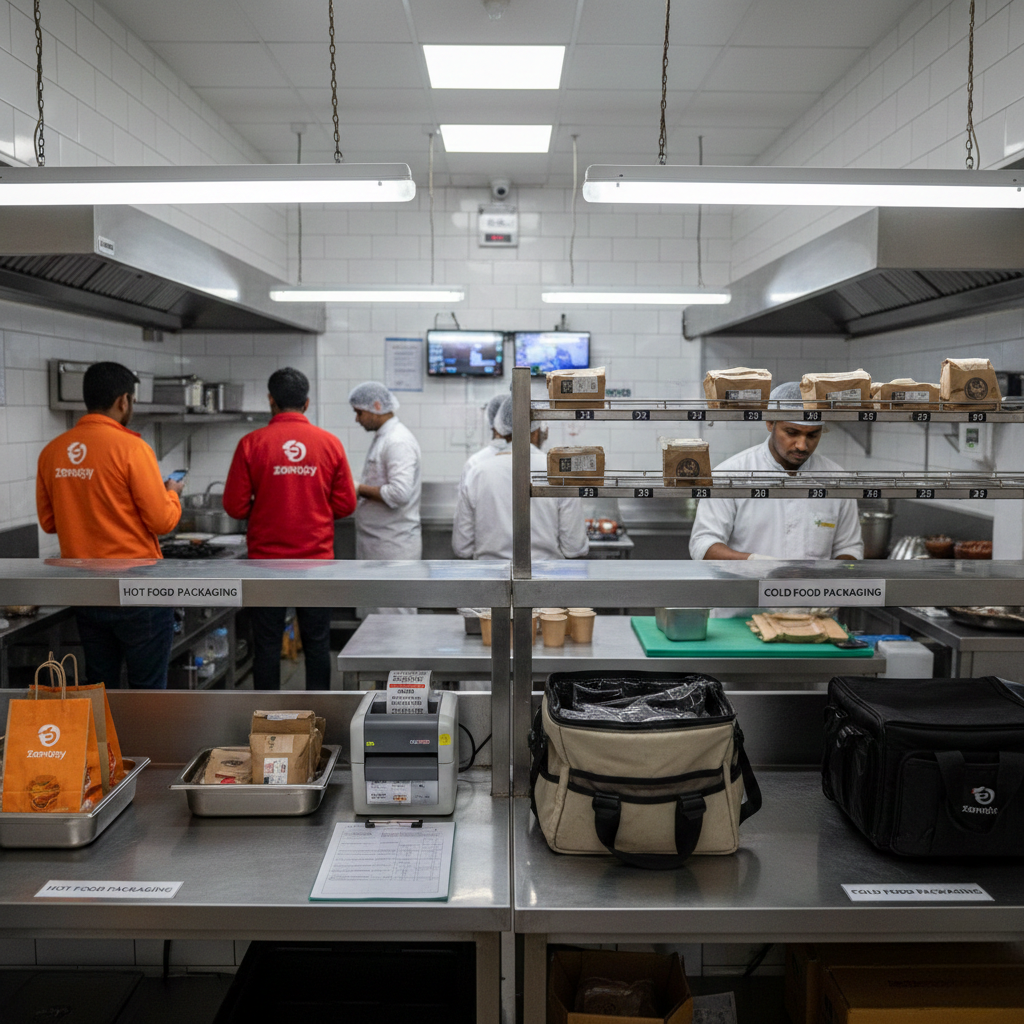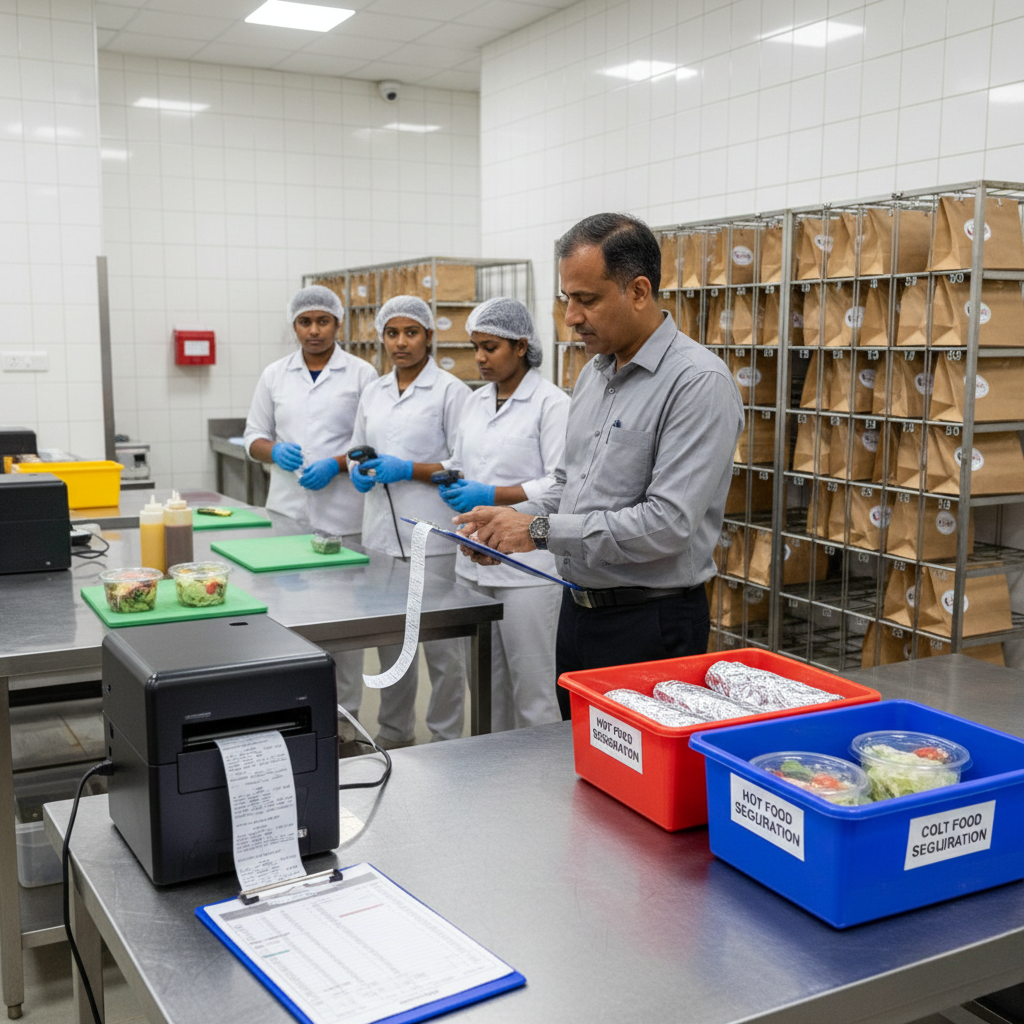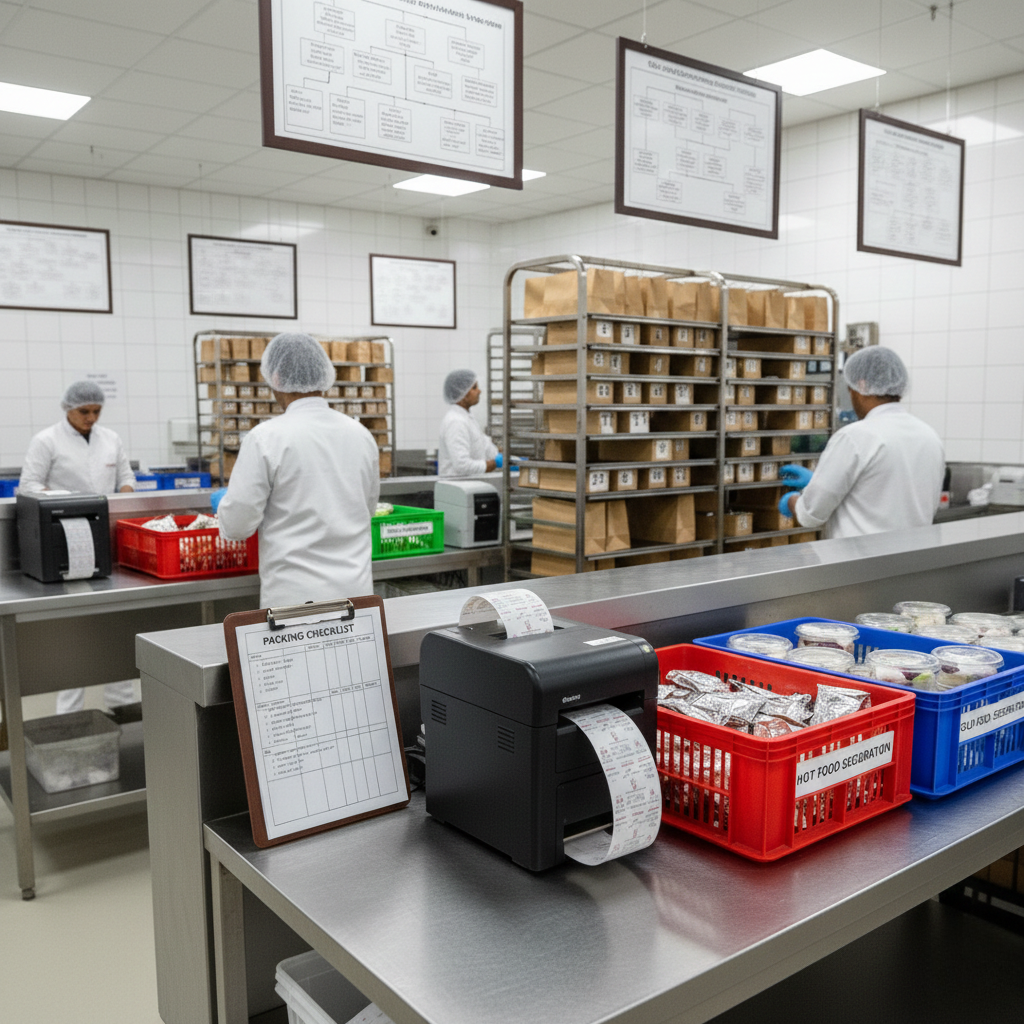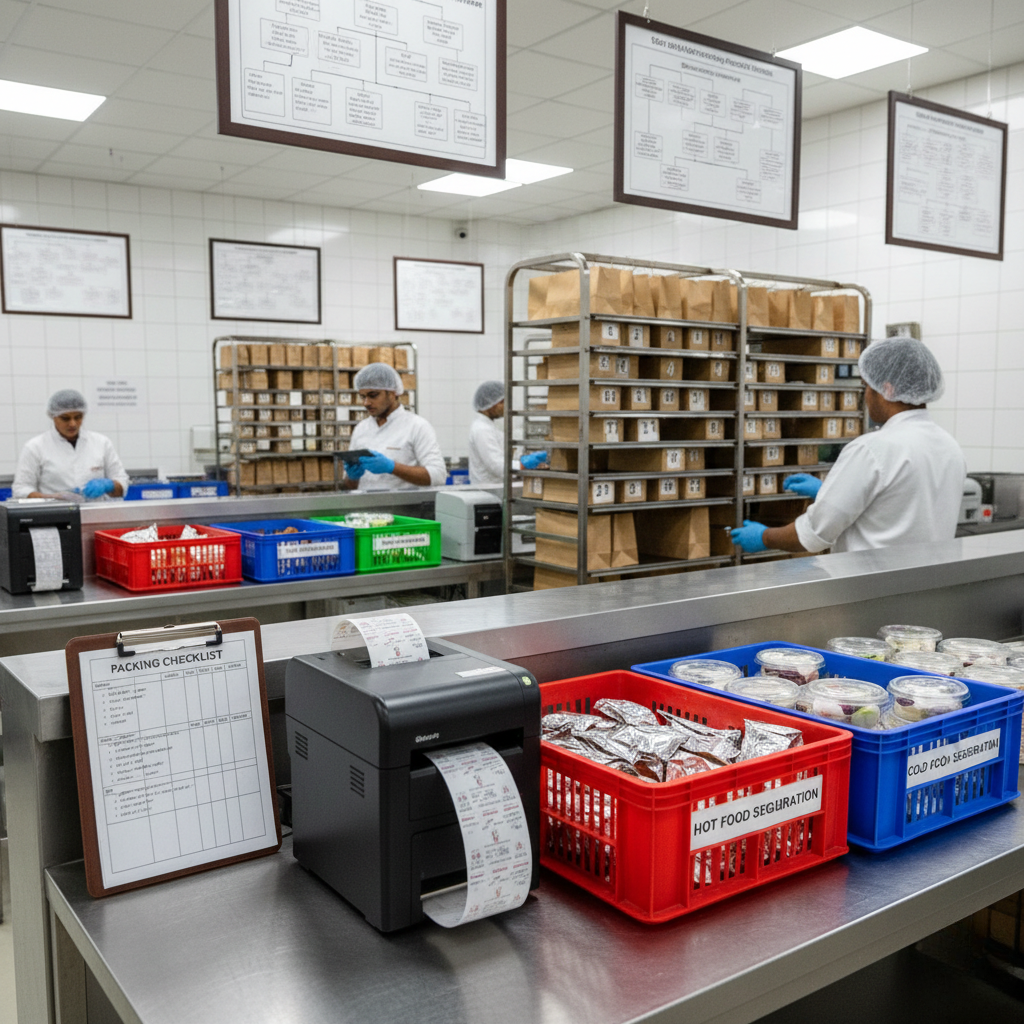The food industry has been undergoing a transformative shift, with sustainability at the forefront of franchising trends in 2025. The increasing demand for eco-conscious dining and innovative business models is shaping the way franchises operate. In this article, we explore the most impactful trends in sustainable food franchising, offering insights into how businesses can align with consumer values and achieve long-term growth.
Rising Demand for Plant-Based Menus
The plant-based food revolution is no longer a niche market; it has become a global movement. Franchises offering vegan, vegetarian, and plant-based options are thriving as consumers prioritize health and environmental concerns. Plant-based menus not only reduce the carbon footprint of food production but also appeal to a growing audience of health-conscious diners.
Key Benefits:
- Lower Environmental Impact: Plant-based meals require significantly less water, land, and energy to produce compared to animal-based products.
- Expanded Customer Base: Catering to vegetarians, vegans, and flexitarians broadens market reach.
- Health Appeal: Nutrient-rich plant-based dishes attract consumers focused on wellness.
Focus on Local and Seasonal Ingredients
Consumers are increasingly seeking locally sourced and seasonal ingredients, which offer fresher, tastier, and more sustainable meals. Franchises embracing this trend can support local farmers, reduce transportation emissions, and strengthen community ties.
Implementation Strategies:
- Partner with Local Suppliers: Establish relationships with nearby farmers and producers.
- Highlight Seasonal Specials: Create rotating menus based on seasonal availability to reduce waste.
- Transparent Sourcing: Clearly communicate sourcing practices to customers to build trust.
Eco-Friendly Packaging Solutions

Single-use plastics and non-recyclable materials are rapidly falling out of favor. Franchises adopting eco-friendly packaging solutions are leading the way in reducing waste and pollution.
Popular Alternatives:
- Compostable Packaging: Materials like bagasse, bamboo, and corn starch offer biodegradable options.
- Reusable Containers: Encouraging customers to bring their own containers for takeout orders.
- Minimalist Designs: Simplified packaging that uses less material while maintaining functionality.
Energy-Efficient Operations
Sustainable franchising also involves optimizing operational efficiency. By investing in energy-efficient appliances and renewable energy, franchises can reduce their environmental footprint and operational costs.
Actionable Steps:
- Upgrade Equipment: Use energy-efficient ovens, refrigerators, and lighting.
- Adopt Renewable Energy: Install solar panels or purchase green energy credits.
- Train Staff: Educate employees on energy-saving practices, such as turning off equipment when not in use.
Waste Reduction and Food Donation Programs

Food waste remains a significant issue in the restaurant industry. Sustainable franchises are implementing programs to reduce waste and donate excess food to those in need.
Effective Methods:
- Smart Inventory Management: Use technology to track inventory and predict demand accurately.
- Portion Control: Serve appropriately sized meals to minimize leftovers.
- Donation Partnerships: Collaborate with food banks and charities to ensure surplus food is distributed.
Technology-Driven Sustainability
Innovative technologies are playing a crucial role in advancing sustainable practices in franchising. From AI-powered supply chain management to digital tools that optimize resource use, technology is enabling more efficient and eco-friendly operations.
Technological Innovations:
- AI for Inventory Optimization: Predict demand and minimize over-ordering.
- Smart Kitchens: Automate processes to save energy and reduce waste.
- Sustainability Apps: Use apps that track and report a franchise’s carbon footprint.
Franchise Models Promoting Circular Economies
The circular economy concept is gaining traction as franchises seek to create closed-loop systems that minimize waste and maximize resource reuse. This involves redesigning operations to reduce, reuse, and recycle materials throughout the supply chain.
Key Practices:
- Reusable Materials: Integrate durable, reusable resources into operations.
- Upcycling: Transform by-products or waste into new, marketable products.
- Comprehensive Recycling Programs: Ensure all recyclable materials are processed appropriately.
Customer Education and Engagement

Sustainability efforts are most impactful when customers are actively engaged. Franchises can foster loyalty and advocacy by educating patrons about their eco-friendly initiatives.
Engagement Strategies:
- Interactive Campaigns: Host events or workshops focused on sustainability.
- Informative Menus: Highlight the environmental benefits of certain dishes or practices.
- Reward Programs: Offer incentives for eco-conscious behaviors, such as discounts for using reusable containers.
Emergence of Zero-Waste Kitchens
Zero-waste kitchens are a cutting-edge trend where every resource is utilized to its fullest potential. Franchises adopting zero-waste practices are setting a new standard in sustainability.
Zero-Waste Practices:
- Composting: Turn food scraps into nutrient-rich compost.
- Creative Cooking: Use “ugly” or surplus ingredients to create unique menu items.
- Waste Audits: Regularly analyze waste to identify areas for improvement.
Sustainable Franchise Certifications
Certifications such as Green Restaurant Certification or LEED Certification are becoming essential for franchises looking to validate their sustainability claims. These certifications provide a competitive edge and instill confidence in eco-conscious customers.
Steps to Certification:
- Conduct a sustainability audit to assess current practices.
- Implement changes to meet certification standards.
- Regularly review and improve practices to maintain certification.
Conclusion
The sustainable food franchising trends of 2025 emphasize a holistic approach to environmental responsibility, operational efficiency, and customer engagement. By embracing plant-based menus, eco-friendly practices, and innovative technologies, franchises can align with consumer expectations and drive long-term success. Sustainability is no longer an option; it is a business imperative for franchises that want to thrive in the years to come.
FAQ’s
Q1: What are the benefits of adopting sustainable practices in food franchising?
Sustainable practices can reduce operational costs, attract eco-conscious customers, enhance brand reputation, and lower environmental impact.
Q2: How can a franchise implement zero-waste practices?
Zero-waste practices involve composting food scraps, using surplus ingredients creatively, and conducting waste audits to minimize waste generation.
Q3: Are sustainable certifications necessary for franchises?
While not mandatory, certifications like Green Restaurant Certification or LEED can enhance credibility and attract environmentally conscious customers.
Q4: How does technology support sustainability in franchising?
Technology enables efficient inventory management, energy conservation, and tracking of a franchise’s carbon footprint, facilitating more sustainable operations
Q5: Why is customer education important in sustainable franchising?
Educating customers fosters engagement and loyalty, encouraging them to support and advocate for eco-friendly initiatives.





